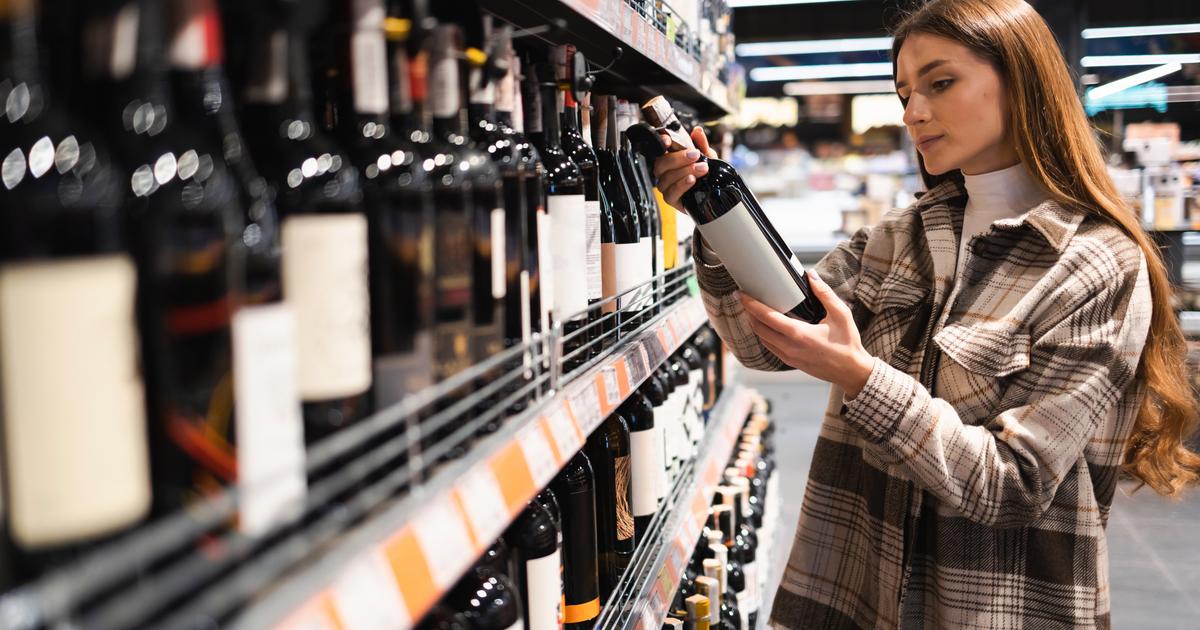What if we started the year 2022 on a healthy basis? This Saturday marks the start of a new year, but also the launch for the third consecutive year in France of the “Dry January”. This operation, similar to the “Tobacco-Free Month” in its philosophy, aims to encourage the French not to drink alcohol for a month. "The idea is to try to take this break, but the campaign is not at all judgmental: everyone can try to measure their relationship to alcohol during that month", explains Claude Rambaud, vice -President of the federation of associations France Assos Santé, which oversees this campaign.
This is a good time to take a break, after holidays often marked by heavy alcohol consumption. But the goal is not only to rest your body, it is to realize for yourself what changes in a daily life without alcohol. This type of campaign is proving more and more its results in the field of public health. Instead of emphasizing the risks represented by a substance - here alcohol - we stress the advantages of slowing down its consumption. Participants are also energized by a challenge that brings together many people at the same time.
"Many people who take this break then continue" to consume less alcohol, reports Claude Rambaud, on the basis of studies made in Anglo-Saxon countries.
"It launches a momentum," she insists.
It is the same principle as the “Tobacco Free Month”, launched each year in the fall, with a small nuance: the “Dry January” does not aim to definitively encourage total abstinence.
No support from the state
However, the initiative is struggling to exist and make itself known in France. And for good reason: "We have no government aid (and) we are still without means", deplores Claude Rambaud. The “Tobacco-Free Month” has been supported for years by the State, via the Public Health France agency, while the “Dry January” is only the result of associations, admittedly joined by several municipalities such as that of Lyon. (Rhône). "It has nothing to do with what is happening in the United Kingdom where they are extremely supported by the government", regrets Claude Rambaud.
The associations reproach the State for giving in to the alcohol lobbies, in the first place the wine growers, who raise the specter of a hygienic campaign unsuited to the French “art of living”. On the side of Public Health France which, according to several sources, had almost embarked on the campaign for its first year in 2020 but had given up in extremis, the balancing act continues. The agency, which depends on the Ministry of Health, does not hide its interest in the "Dry January"; it has carried out several surveys on its progress and its experience by the participants. But it keeps away from direct involvement.
Public health France is placed "in support" of the organizers of Dry January, explained in the fall, its general manager Geneviève Chêne, emphasizing other campaigns of the agency against the risks associated with alcoholism.
These public operations are, however, more focused on the risks linked to behavior - aggressiveness, danger on the road - than those which directly affect the health of drinkers.
However, these health risks are often poorly understood, as evidenced by a frequent misunderstanding on the “Dry January”.
The campaign does not only concern heavy drinkers because moderate but regular consumption also represents a health risk.









/cloudfront-eu-central-1.images.arcpublishing.com/prisa/I7VDOA36LJC3ZK5KUHFHE2COJA.jpg)





